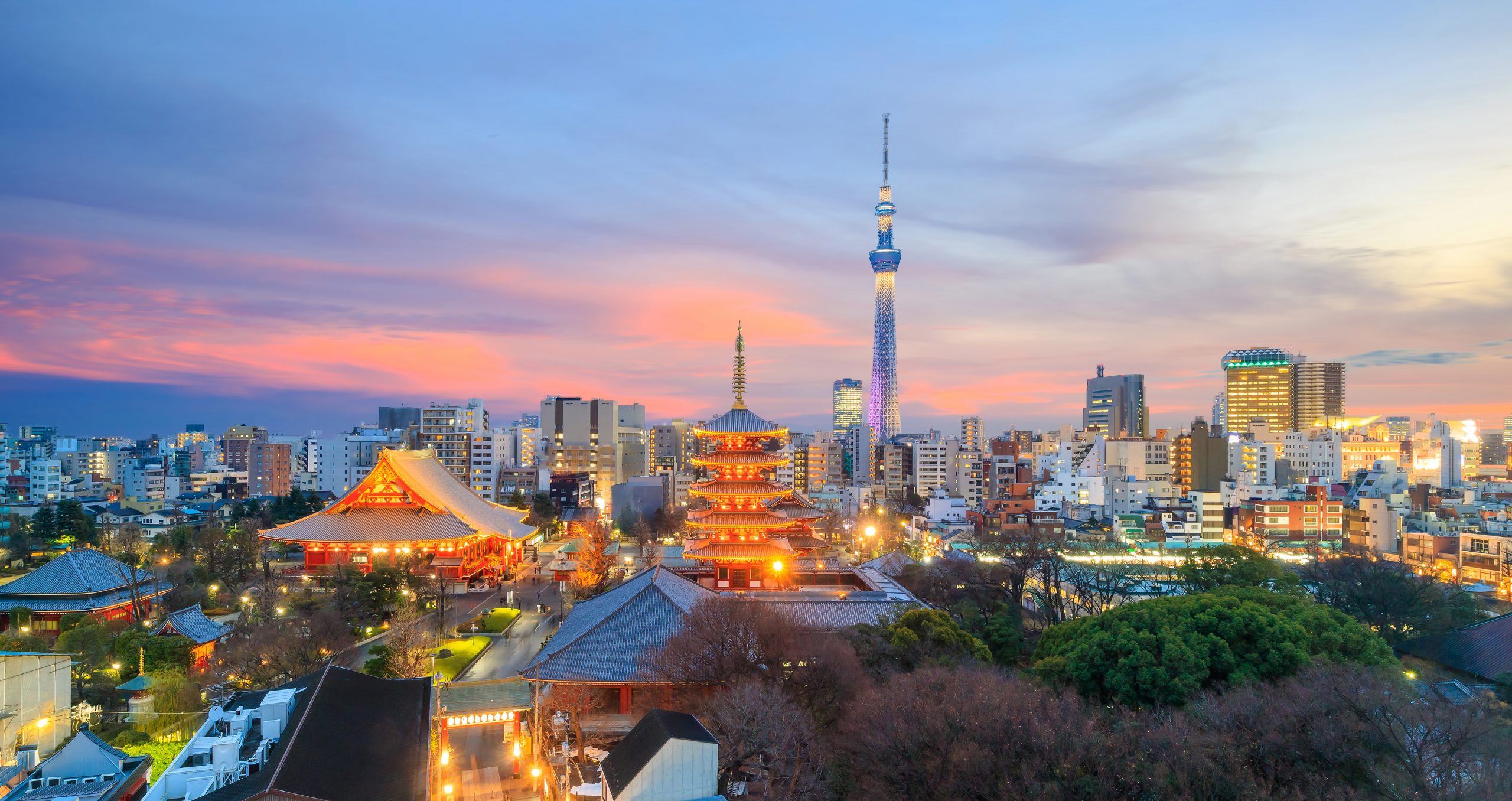Japan is offering up some heavy cash to convince its residents to relocate outside of Tokyo.
Since 2019, Japan has been attempting to relocate some of its residents out of fears of overcrowding. To help persuade residents, Japan offered to pay families 300,000 yen ($2,228) per child to move. However, only 2,381 recipients have chosen to participate in the effort since then.
The Japanese government recently increased the payments by adding in an additional 700,000 yen (approximately $5,339) per child to enhance residents’ decision.
In order to receive the 1 million yen per child payment, residents are required to live in one of the host towns for a minimum of five years. If anyone fails to abide by the rule, they will be asked to return all of the money.
Those participating in the relocation program are allowed to pick one of the 1,300 municipalities or mountainous regions in Tokyo to live.
As mentioned above, Japan created the incentive program out of fear of overcrowding. The government believes that the rising population can result in an increase of potential earthquakes. In 2019, the Earthquake Research Promotion predicted that there’s a 47 percent chance of Tokyo experiencing a strong earthquake within 30 years. Unfortunately, that prediction came true when a 6.1 magnitude earthquake struck Tokyo in October.
Japan currently has a population of 125.7 million. Despite the overpopulation concerns, the country faces a rapidly declining birth rate. The birth count for the new year is expected to fall below this year’s record low of 811,000 births. According to Chief Cabinet Secretary Hirokazu Matsuno, the decreasing rate is a “critical situation.”



